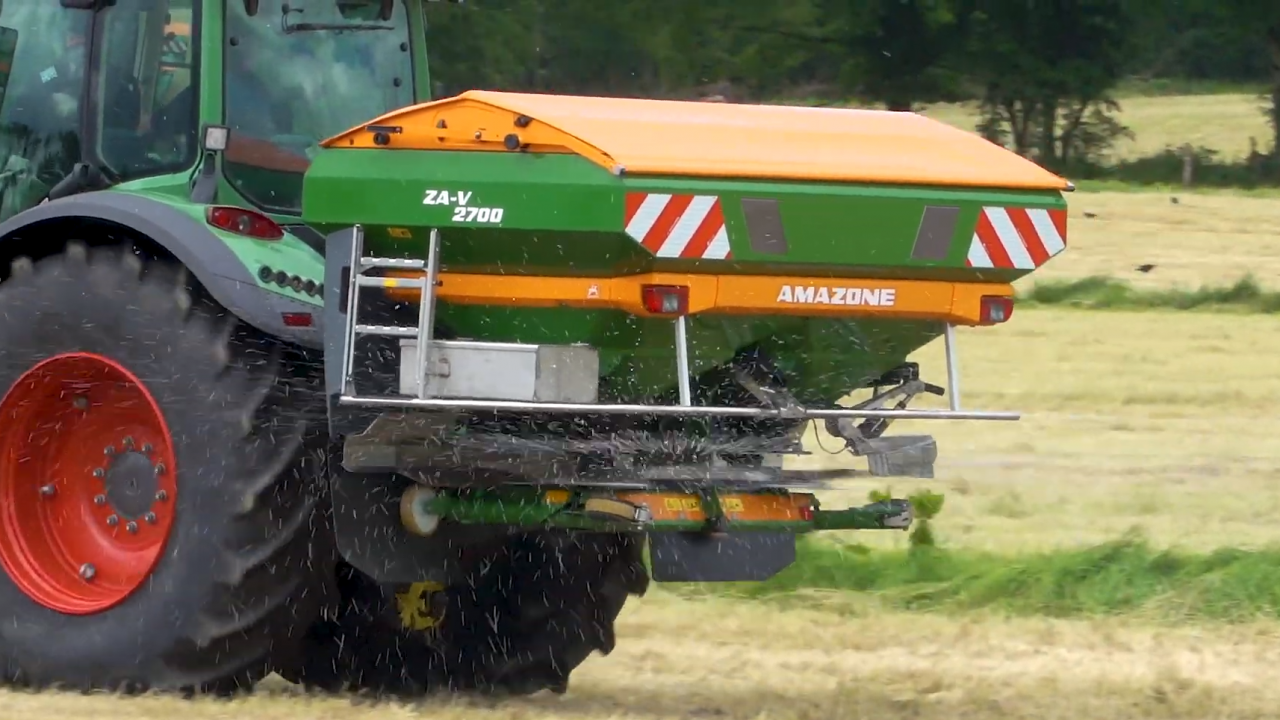An Irish MEP has said that an investigation is needed into possible price manipulation by some fertiliser manufacturers and in the wholesale supply chain.
Fianna Fáil’s Billy Kelleher has called on the EU to intervene “immediately” to reduce fertiliser costs and avoid further food inflation.
Speaking in the European Parliament, the Ireland South MEP said that, as well as a long-term fertiliser strategy from the EU, an investigation is needed this year to avert a food security crisis.
“Ultimately, many farmers are unable to purchase fertiliser at these excessively high prices. Nitrogen, phosphorous and potash prices are unsustainably expensive,” he said.
Kelleher urged the European Commission to address the excessively high input costs farmers are facing as they begin the 2023 planting season.
“Farmers who don’t have the cash, or the ability to secure credit to buy fertiliser will see reduced yields,” he said.
The MEP added: “At the end of the day, this ends up with higher food prices for consumers, adding fuel to the fire of the inflation woes already facing the EU.
“The EU has plenty of long-term plans…but no short-term plan to support farmers to reduce their input costs.”
Kelleher said “time is running out” if continued food price increases, based on high input costs, are to be avoided.
“Additionally, I have requested the commission to investigate the possibility of price gouging and the manipulation by some fertiliser manufacturers and in the wholesale supply chain,” he commented.
Kelleher added: “We need fair practice in the EU single market and, if improper activities are unearthed, the commission and member states must act.”
Fertiliser prices
The Irish Farmers’ Association (IFA), meanwhile, is calling on merchants and co-ops to pass on significant reductions in global fertiliser prices to farmers.
Tim Cullinan, the association’s president, said yesterday (Thursday, February 16): “We have seen a sustained, significant drop in the price of natural gas of up to 85% since September 2022. The spike in natural gas prices was referenced as the main driver of increased fertiliser prices last year.
“Therefore, we should now be seeing a significant reduction in fertiliser prices in line with what is happening with gas. But that’s not happening,” Cullinan added.
